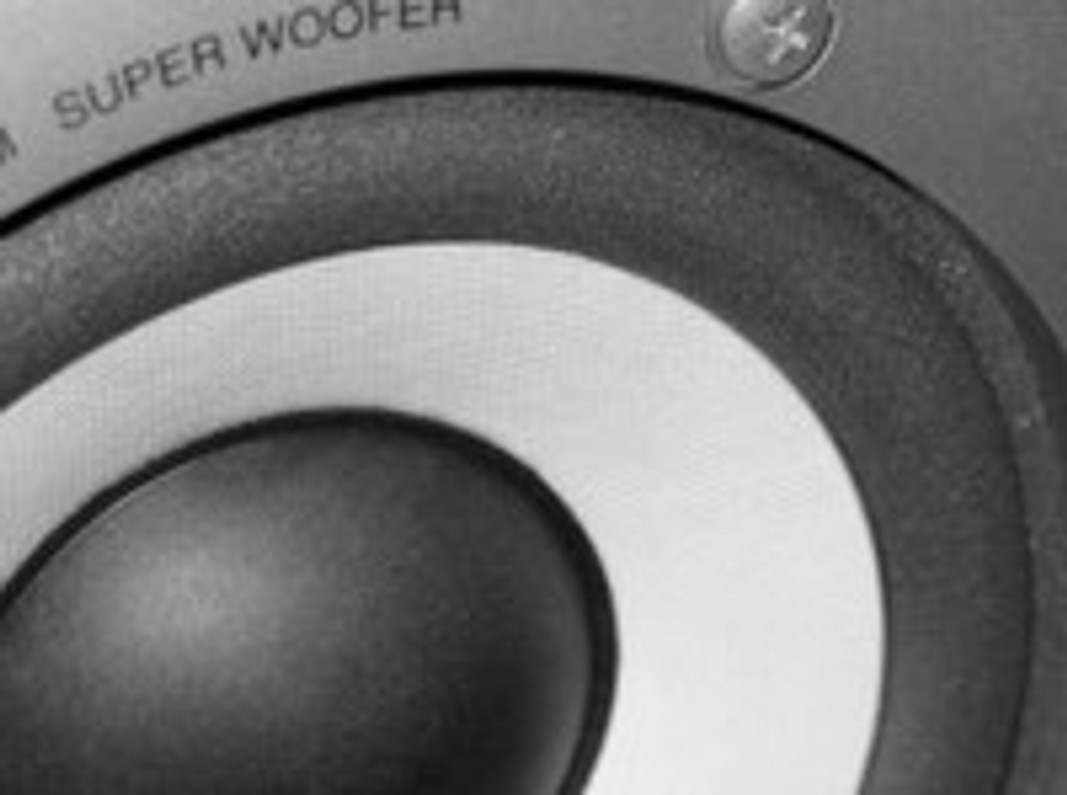Warning: Exposure To Loud Noises May Cause Tinnitus
Do you experience a constant buzzing, humming or ringing in your ears? If so, you could suffer from a hearing condition known as tinnitus. Typically caused by exposure to loud noises, tinnitus is a condition that's characterized by the presence of a constant, abnormal sound when no actual sound is present.
How Common Is Tinnitus?
It's estimated that upwards of 10-15% of the entire population suffers from tinnitus. With that said, only 1-2% view it as a significant problem.
The word "tinnitus" literally translates into "ringing of the ears." While ringing is the most commonly reported sound associated with this condition, people with tinnitus may experience humming, buzzing, whizzing, and other sounds. Regardless of the sound a person is hearing, however, tinnitus is typically caused by the same basic factors.
Some of the factors known to play a role in tinnitus include the following:
- Overexposure To Loud Noises (this is the leading cause of tinnitus)
- High Blood Pressure (hypertension)
- Earwax Buildup
- Meniere's Disease
- Temperomandibular Joint Disorders (TMJ)
- Atherosclerosis
- Antibiotics
- Aspirin and/or Blood Thinners
- Antidepressants
- Abnormal Bone Growth
How To Prevent Tinnitus
The single most important step in preventing tinnitus is to avoid exposure to loud noises. Workers in industries such as construction, landscaping, and musicians are placed at a higher risk for developing tinnitus due to the fact that they are constantly being exposed to loud noises. The condition typically doesn't occur overnight, but months or years of exposure to loud noises can increase a person's risk of developing tinnitus.
So if you work in an industry which exposes you to loud noises, take the necessary precautions to protect yourself against tinnitus. Gearing up in a pair of noise-cancelling headphones or earmuffs or earplugs can make a world of difference.
Of course, part of the responsibility lies on employers' shoulders as well. OSHA has standards which limit workplace sound levels. Employers who fail to meet these standards could be subject to fines or penalties.
The Occupational Safety and Health Administration (OSHA) states that the "permissible exposure limit (PEL) is 90 dBA for all workers for an 8 hour day. The OSHA standard uses a 5 dBA exchange rate. This means that when the noise level is increased by 5 dBA, the amount of time a person can be exposed to a certain noise level to receive the same dose is cut in half."
Do you suffer from tinnitus? We'd love to hear your story in the comments section below!
Recent Posts
-
Fire Safety in the Workplace: What You Need to Know
What steps are you taking to prevent fires in your workplace? According to the U.S. Occupational Saf …Aug 23rd 2023 -
Is It Safe to Go Jogging With a Cold Infection?
If you're suffering from a cold infection, you might be wondering whether it's safe to go jogging. T …Aug 22nd 2023 -
5 Safety Tips to Follow When Using a Powder-Actuated Tool
Powder-actuated tools are commonly used to join materials to steel and concrete. Also known as Hilti …Aug 20th 2023




